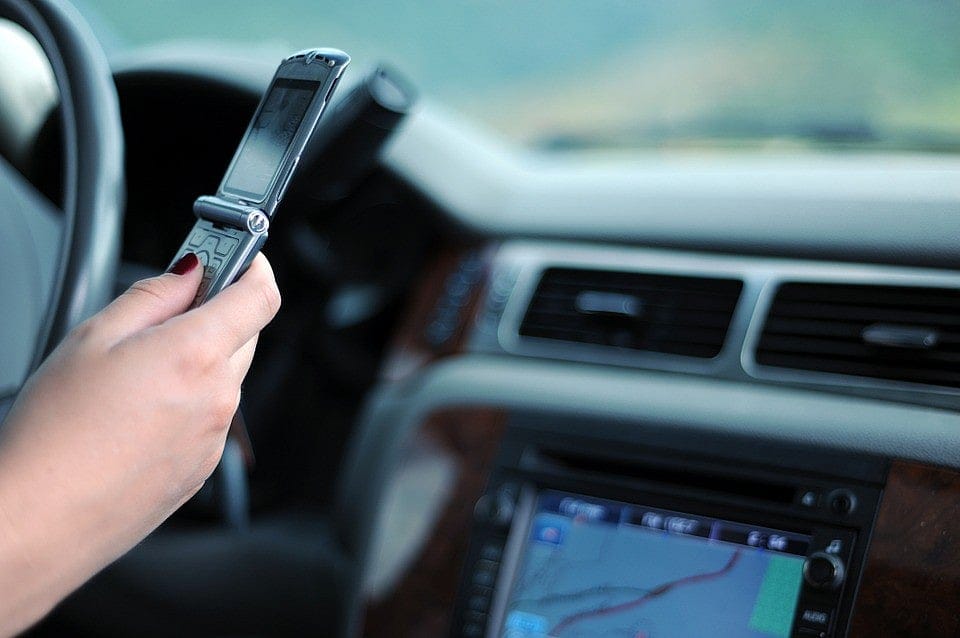Hands-free phone bill seen missing mark on safety

BOSTON – Even those supporting legislation that would ban the use of handheld mobile devices while behind the wheel agree that the measure won't eliminate the scourge of distracted driving.
Up for debate at the State House on Thursday, the bill (S 2093) would harden Massachusetts' stance against juggling a cell phone or other electronic device while driving. The proposed legislation would only allow the use of hands-free devices when driving. But safety experts say the measure is no cure-all.

